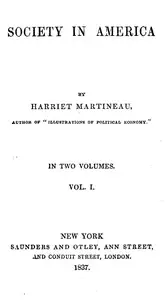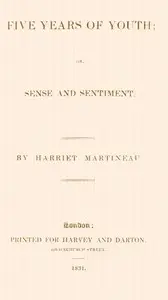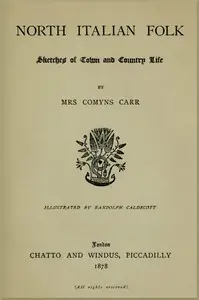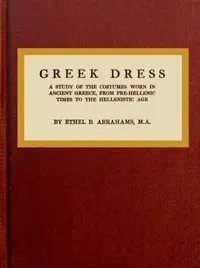"How to Observe: Morals and Manners" by Harriet Martineau is a philosophical guide written in the mid-19th century. The work serves as an instructional manual for travelers and students, outlining the principles and methods necessary for effective observation of various societies, their morals, and manners. The author aims to educate readers on the complexities of understanding human behavior and cultural practices without falling into the trap of hasty generalizations or biases. The opening of the text introduces the idea that observation requires rigorous intellectual preparation, paralleling the approach taken in the physical sciences. Martineau emphasizes the need for travelers to have a structured understanding of what they wish to learn and the moral principles involved in human societies. She criticizes the common tendency of travelers to draw quick conclusions about a culture based on limited experiences and encourages a more profound and thoughtful engagement with the focal points of inquiry. This segment establishes the foundation for a comprehensive exploration of how to effectively observe and interpret moral and social dynamics across different cultures. (This is an automatically generated summary.)

How to Observe: Morals and Manners
By Harriet Martineau
"How to Observe: Morals and Manners" by Harriet Martineau is a philosophical guide written in the mid-19th century. The work serves as an instructiona...
Harriet Martineau was an English social theorist. She wrote from a sociological, holistic, religious and feminine angle, translated works by Auguste Comte, and, rarely for a woman writer at the time, earned enough to support herself. The young Princess Victoria enjoyed her work and invited her to her 1838 coronation. Martineau advised "a focus on all [society's] aspects, including key political, religious, and social institutions". She applied thorough analysis to women's status under men. The novelist Margaret Oliphant called her "a born lecturer and politician... less distinctively affected by her sex than perhaps any other, male or female, of her generation."


















